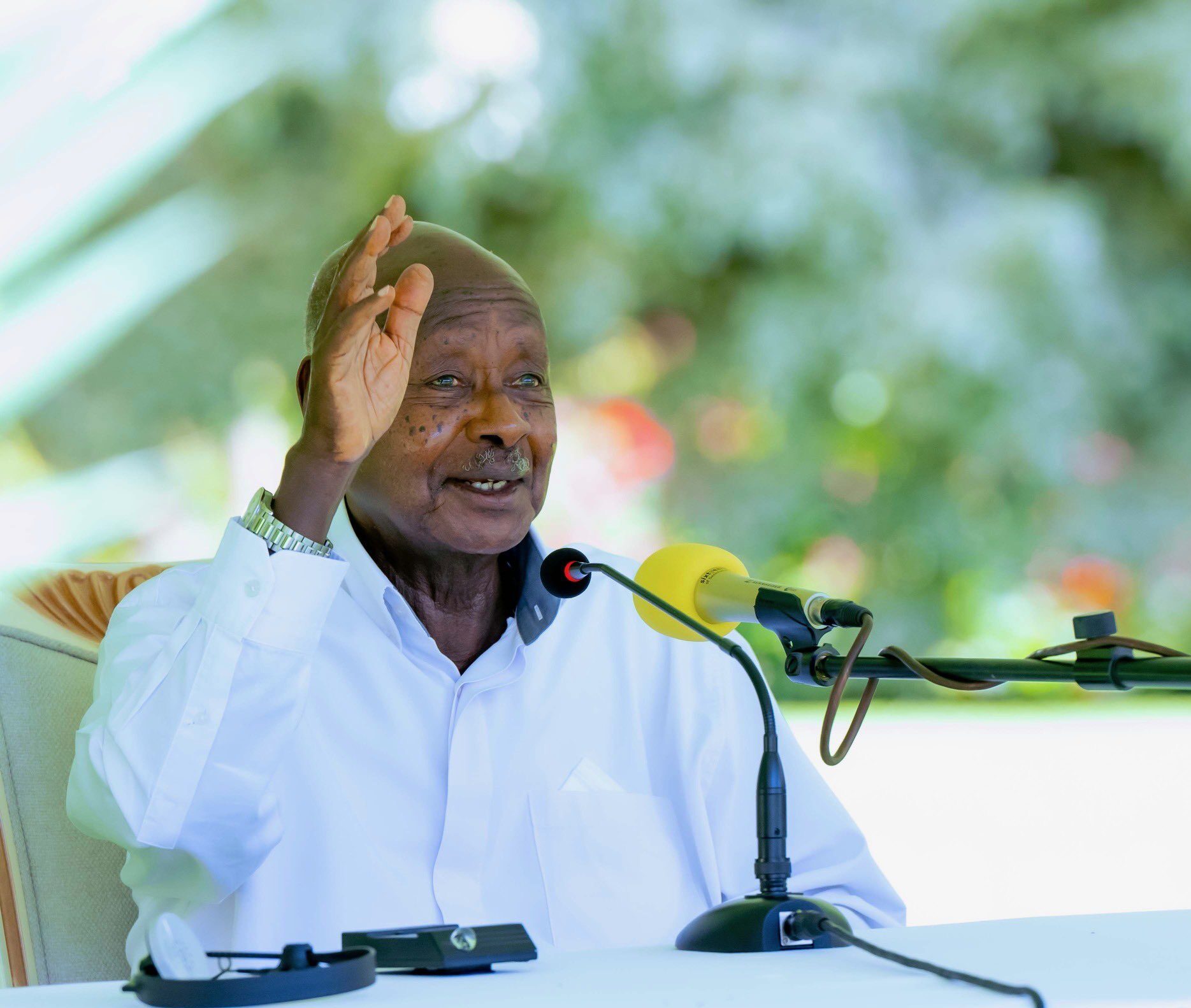Introduction
President Yoweri Museveni, Uganda’s long-serving leader, has officially confirmed his intention to seek another term in office, potentially extending his rule beyond four decades. Alongside this announcement, Museveni has pledged an ambitious economic transformation: to raise Uganda’s gross domestic product (GDP) from its current $66 billion to $500 billion within the next five years. This dual declaration has reignited intense debate within Uganda and internationally about the country’s democratic trajectory, governance, and the feasibility of such economic aspirations.
Museveni’s Enduring Leadership
Museveni, who first came to power in 1986 after a protracted guerrilla war, is one of Africa’s longest-serving leaders. Over the years, his National Resistance Movement (NRM) has overseen constitutional amendments that removed both term and age limits, effectively allowing him to contest for the presidency indefinitely. As he approaches his 81st birthday, Museveni’s leadership has become synonymous with Uganda’s post-independence history, marked by both periods of stability and persistent allegations of authoritarianism.
The $500 Billion Economic Vision
Central to Museveni’s new campaign is his pledge to catapult Uganda’s economy to $500 billion. He argues that Uganda’s abundant natural resources, youthful population, and improved infrastructure provide a solid foundation for rapid economic growth. Museveni’s blueprint emphasizes:
- Industrialization: Shifting from exporting raw materials to processing and value addition, especially in minerals, agriculture, and oil.
- Job Creation: Expanding private sector employment, with a focus on manufacturing, services, and agro-industry.
- Infrastructure Development: Continued investment in roads, energy, and digital connectivity.
- Regional Integration: Leveraging East African Community markets to boost exports and attract investment.
Museveni points to Uganda’s economic progress since 1986, when GDP was under $4 billion, and highlights recent achievements such as a 26% surge in export receipts and a reduction in poverty rates. He insists that with the right policies and discipline, Uganda can join the ranks of middle- and upper-middle-income countries.
Skepticism and Economic Realities
Despite the optimism, many economists and political analysts question the plausibility of reaching a $500 billion GDP in such a short timeframe. Uganda’s current economic structure, heavy reliance on agriculture, and challenges in governance and transparency present significant hurdles. Critics argue that while oil production and industrialization could boost growth, the scale of transformation required is unprecedented for a country of Uganda’s size and current development level.
Democracy and Governance: A Nation Divided
Museveni’s announcement has intensified debates about democracy and governance in Uganda. The NRM’s dominance, repeated constitutional changes, and the use of security forces to suppress dissent have drawn criticism from opposition leaders and human rights organizations. Opposition figure Bobi Wine, who has declared his intention to run again, accuses Museveni’s regime of systematic repression, including abductions and intimidation of activists.
Recent years have seen growing calls for political reform, generational leadership change, and greater accountability. Some within the ruling party and civil society have raised concerns about the lack of a clear succession plan and the risks of entrenching one-man rule. Proposals to alter the presidential election process, such as having parliament elect the president, have further fueled fears of democratic backsliding.
The Road Ahead
As Uganda approaches its next general election, the country stands at a crossroads. Museveni’s vision of economic transformation is bold, but its realization will depend on effective governance, inclusive policies, and the ability to address deep-seated political and social divisions. The coming months will test not only the strength of Uganda’s institutions but also the resilience of its democracy and the aspirations of its people.

